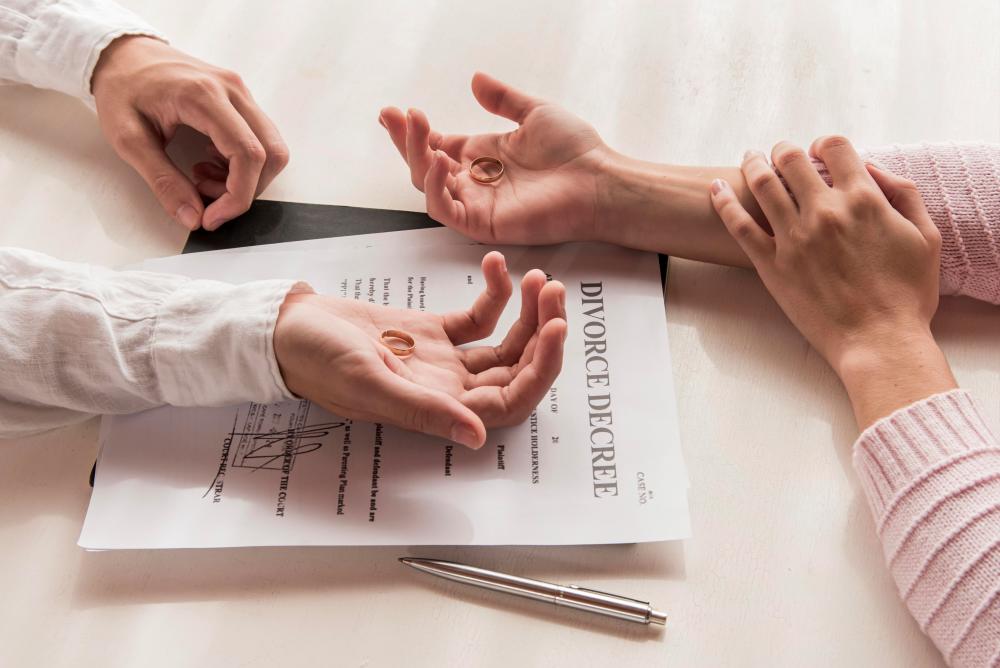WHEN it comes to divorce, one of the parents, usually the father, has to financially support the wife, who usually takes care of the children, through an alimony by law unless in certain circumstances where the roles are reversed.
A Singaporean man has demanded in court that his ex-wife pay the same amount of alimony he did previously as he has their children currently under his custody, despite the ex-wife’s small income.
The couple had divorced in 2018 and have two children, aged 10 and 13 who lived with their mother until 2021, when they moved in with their father, for reasons not further detailed in the court documents.
CNA reported that the father was made to pay S$2,640 (RM9,119.06) when the children were living with their mother and now he asked the court to reverse the order, despite his ex-wife earning S$3,000 (RM10,362.06) per month as a financial adviser, which is also commission-based, after losing her job in September 2021.
The mother told the court that she could only afford to pay S$790 (RM2,728.82) per month, estimating to be a quarter of her monthly salary, which will be about 10 to 15 percent of the childrens’ expenses.
Meanwhile, the court found the father to be earning a higher sum of S$20,000 (RM69,086.28).
She added that she was dismissed from her previous workplace due to her ex-husband’s complaints to her previous employers and the regulatory authority for misconduct.
District Judge Adriene Cheong ordered the mother to pay S$1,000 (RM3,454.31) monthly, after considering the parents’ “earning capacity” and noted that the mother needs some time to establish herself in a “new industry”.
“This is especially so when the father is in a fortunate position to step up and step in to provide comfortably for the children. Affordability is not an issue for the father,“
“Had the marriage remained intact, spouses would ordinarily be expected to do the same; supporting each other in times of financial (or other types) of difficulties,” Judge Cheong said.
The judge also rejected the father’s request to backdate the change to November 2021 and told the court that by doing so would be “overly technical mathematical exercise that was not meaningful to parents who were committed to their children”.
Judge Cheong also called out both parents’ approach to co-parenting their children in court who want to take into account every penny spent on their children.
“It is certainly not a holistic approach to treat the children as an accounting expense that should be reimbursed.
“Taking this concept to the extreme, would be akin to parents claiming reimbursement from the care parent or deducting sums from monthly maintenance obligations, for toys or an ice cream treat that they bought for their children during access,” said the judge.
Judge Cheong went on to say that this was “certainly not healthy” for their co-parenting relationship and not what is expected by the law.
She then advised both parents, going forward in raising their children as co-parents, to “exercise grace and patience”.
“It is my hope that the family can finally commence on the road to recovery and healing after a long-drawn period of litigation, especially with the assistance of counselling,“ she said.









